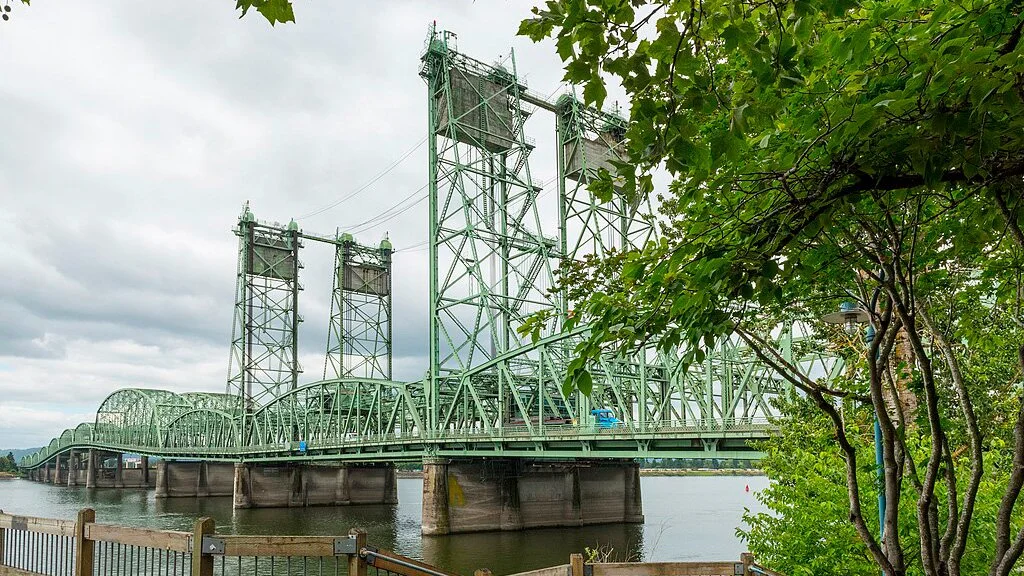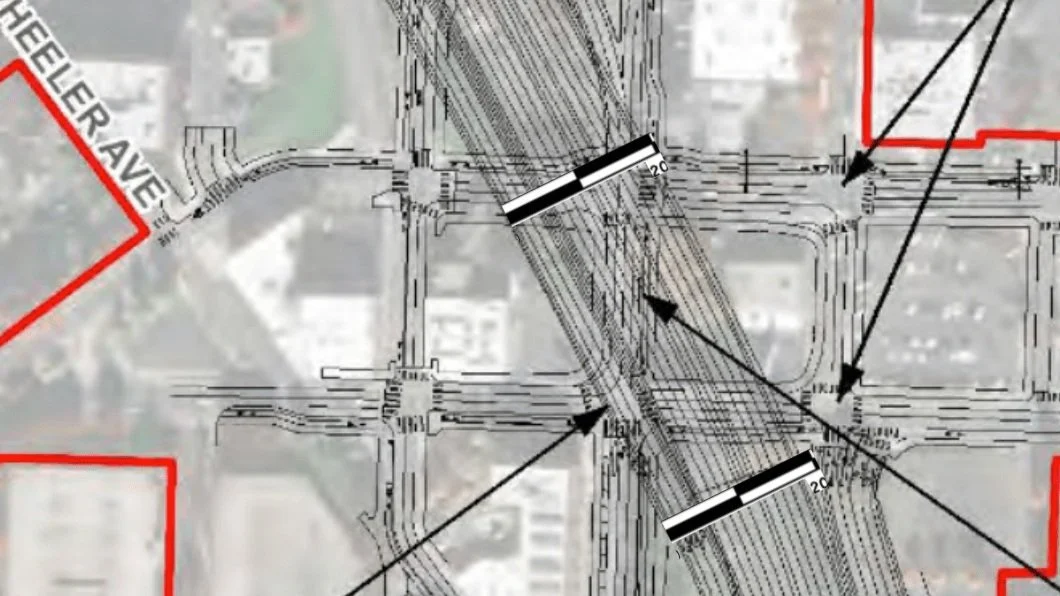Portland’s regional government is giving communities the data and tools they need to make streets safer.
Read MoreJess and Dan Sollaccio are city commissioners and a small-scale developers from Warrenton, Oregon. They explain their asset-based mindset for strengthening their community, as well as their efforts to turn a vacant building into a community hub.
Read MoreA 66% decrease in crashes wasn’t enough to protect these traffic diverters, but the unified efforts of local advocacy groups and city officials might be.
Read MoreHow do you grow without losing what makes your town special? In Bend, Oregon, Jesse Russell is proving it can start with smaller homes.
Read MoreJesse Russell is a small-scale developer from Bend, Oregon. He joins Norm to discuss the ways he’s helping create more attainable homes in his hometown. (Transcript included.)
Read MorePortland’s zoning overhaul is producing what every city says it wants: more homes people can actually afford.
Read MoreIn Portland, Oregon one neighbor’s DIY device is quietly collecting the kind of street data cities can’t ignore—and that neighbors have known all along.
Read MoreLike most cities undergoing rapid growth, Bend is experiencing growing pains. Here’s how this small ski town is handling record numbers of growth in a fiscally responsible way.
Read MoreAcross North America, parking mandates harm businesses, residents and cities. Fortunately, a rapidly growing number of cities are questioning these requirements, inching toward reforming or even repealing them altogether. Here are some of the communities that are rethinking their approaches.
Read MoreHere’s how Portland, Oregon, is getting more housing built that blends into existing neighborhoods and earns the approval of nearby residents, all while increasing affordability and supporting the local community.
Read MoreThe Interstate Bridge Replacement project, which is tasked with replacing a bridge that connects Washington and Oregon, is facing alarming delays, cost escalations and seemingly deceptive behavior from officials. These problems are symptoms of broader issues in North American transportation spending.
Read MoreThey say insanity is doing the same thing over and over again and expecting different results. Oregon policymakers seem to disagree, as they plan to pour $30 million of taxpayer money into reviving container shipping services at the Port of Portland…even though it’s been a consistent economic failure.
Read MoreThe Interstate 5 Rose Quarter Improvement Project in Oregon is the poster child for how departments of transportation deceptively package harmful highway expansion projects.
Read More#BlackFridayParking is approaching, and we want to share some of the latest cities in North America that have challenged decades-old parking requirements that have wasted productive land on automobile storage.
Read MoreWanting to encourage people toward using bikes for transportation is all fine and good, but not when it makes it harder for developers to build much-needed housing.
Read MoreArmed with paint and traffic cones, this Local Conversation group in Portland, OR, made a dangerous intersection safer to cross…in only 80 minutes!
Read MoreA billion bollards! That’s what we called for back in 2021—and one Strong Towns Local Conversation is answering the call. Now the Oregon Department of Transportation just needs to get onboard.
Read MoreThe I-5 Rose Quarter project is proving to be extremely costly, and those costs are directly related to the excessive width of the project—something that ODOT has gone to great lengths to conceal.
Read MoreODOT maintains it will use tolls to pay for the I-5 Rose Quarter Freeway widening project, but that it doesn’t need to evaluate tolling as part of the project’s environmental assessment, because tolling isn’t “reasonably foreseeable.”
Read MoreFor some, the Reconnecting Communities Program symbolizes an auspicious reversal of values that have characterized the past 70 years of transportation planning. For others, it's business as usual.
Read More


















